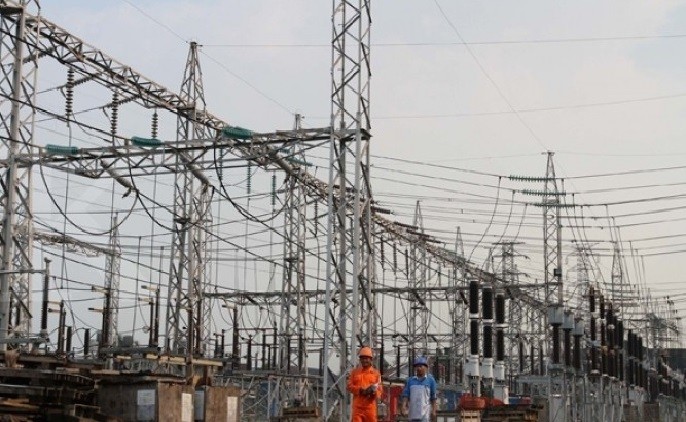Popular Reads
Top Results
Can't find what you're looking for?
View all search resultsPopular Reads
Top Results
Can't find what you're looking for?
View all search resultsPLN to develop four coal processing plants
Change text size
Gift Premium Articles
to Anyone
S
tate-owned electricity firm PLN plans to develop at least four coal processing plants (CPPs) in Java, Sumatra and Kalimantan, to ensure the sufficiency and quality of its coal supply.
The facilities are set to have an annual processing capacity of 10 million to 15 million tons. They will allow PLN to process coal and divide it into different grades and types, while also cleaning it from rocks, ash, sulfur and other unwanted materials.
“We might build two CPPs in Java, one in the western part [of the island] and another in the eastern part. We’ve also found the location to develop a similar facility in Sumatra and we are still reviewing another location for the last one in Kalimantan,” PLN president director Sofyan Basir said recently. He, however, did not elaborate on the investment for each CPP.
Previously, PLN senior manager for coal procurement planning Tri Susanto said the company would first develop the CPPs in Java, while expecting their construction to be completed within two to three years.
“All this time, the types of coal used by PLN have depended on the needs of each of our power plants. By using the CPPs, we will be able to process the coal so that they can be used in various coal-fired power facilities,” Tri said.
PLN has calculated that the annual coal demand for domestic power generation will gradually increase from 82.2 million tons last year to 92 million tons in 2018 and 145 million tons in 2026. (lnd)










